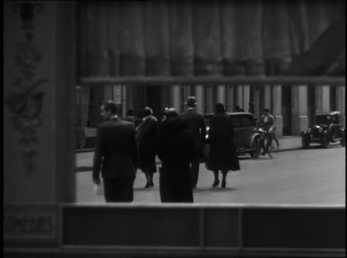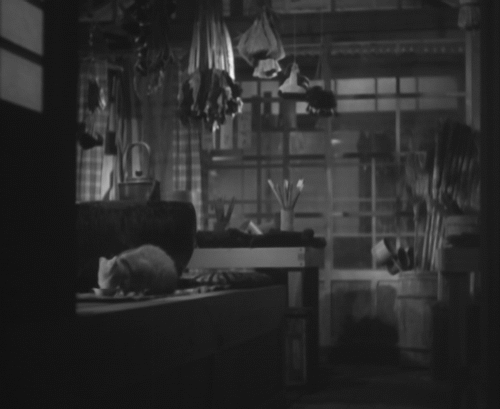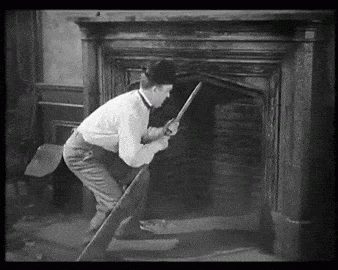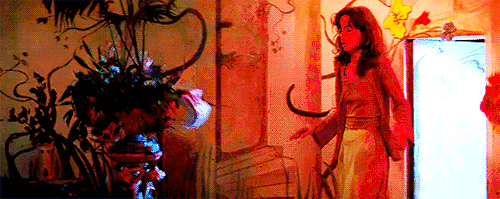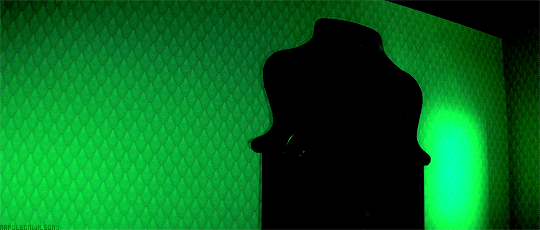The Nun's Story (Fred Zinnemann, 1959)
+
 The Nun's Story
The Nun's Story is a very unique film. It's based on a true story told from an insider who was a European nun and specifically delineates why it's so difficult for most people to follow a life which, in this case, the Catholic Church, says is conducive to becoming one with God. The movie doesn't attack the Catholic Church at all. It's just that the central character, Gabrielle (the radiant Audrey Hepburn), who becomes Sister Luke, is the daughter of a famous Belgian surgeon (Dean Jagger: perfection), and her father tells her up front that he cannot see her being obedient to bells and thus, even though she joins the Church in the hope of becoming a nurse in the Belgian Congo, she has a constant struggle to overcome what the Church proclaims as her disobedience. This film is so far different than almost any other film that it almost belongs to its own genre: the quiet and 95% non-melodramatic film about religion. This and
Elmer Gantry are easily my two fave films about religion, but they couldn't be more different except for the fact that Dean Jagger is awesome in both of them.
Elmer Gantry is a "Damn the torpedoes! Full speed ahead!" melodrama which still contains more truth than many "indie, realistic" films could ever imagine.
The Nun's Story is so sublimely-beautiful, quiet, and yet exhilarating that it could also teach modern-day indie flicks a thing or two about how to tell a potent story.
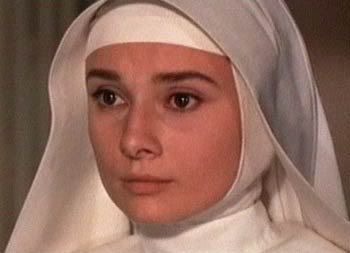 The Nun's Story
The Nun's Story is one of those rare films where the acting is equally as important as the direction. Now, I realize that this comment sounds silly, but what I'm trying to say is that this film is one of the best-acted films I've ever seen, and most of the film is truly involved with people and their souls. If you don't believe me, look at that pic of Audrey above. However, Fred Zinnemann's direction is meticulous and covers a multitude of worldwide locations which is almost mind-boggling. I've always felt that Zinnemann was one of the top-of-the-line directors (
A Man For All Seasons, The Day of the Jackal, High Noon, The Men, From Here to Eternity, Oklahoma!, The Search, A Hatful of Rain, The Member of the Wedding), but I find this to easily be his most-complex and effortless direction, although it does resemble a bit what he did later (and won his second Best Director Oscar for) in
A Man For All Seasons. Both films are about spiritual concerns, yet the protagonists come and leave them from different perspectives. The thing which really makes this film even more unique is the Peter Finch character of Dr. Fortunati who is a healthy antedote to all those holier-than-thou flicks because he's sexy and gives Sister Luke her own set of punishments every time she shows a semblance of pride.

Before I get too far making
The Nun's Story sound like some boring, austere flick, I want to make sure that you realize that there are several scenes of excruciating suspense and violence. It's amazing how strong scenes can be when they're surrounded by the normal quiet and then, BANG! There are two such scenes in
The Nun's Story and both are basically mind-blowing. Then, there are all the other scenes where people lose loved ones, get a disease, have their dreams dashed, etc., so
The Nun's Story is an intense experience all the way through, whether it's because it's so calm or because it's so in-your-face. The Honor Roll of actresses includes Edith Evans, Peggy Ashcroft, Mildred Dunnock, Beatrice Straight, Colleen Dewhurst, Patricia Collinge, Ruth White, etc.


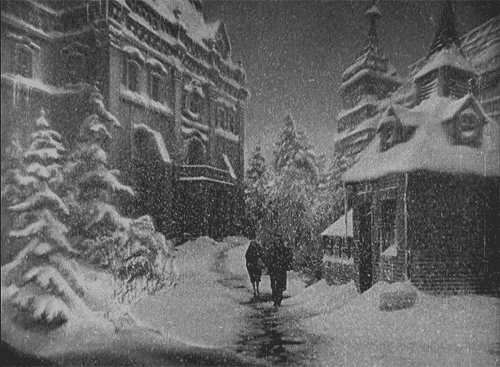
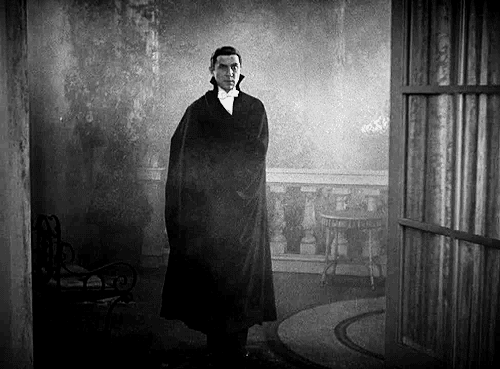
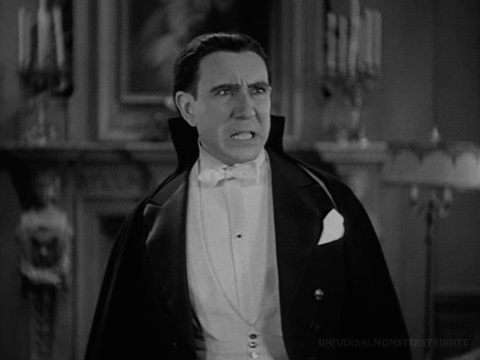
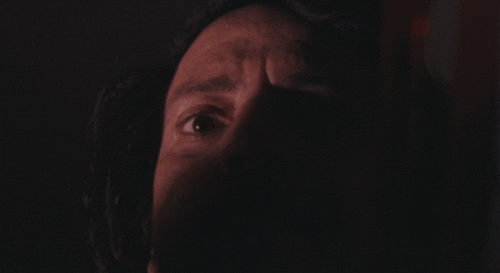
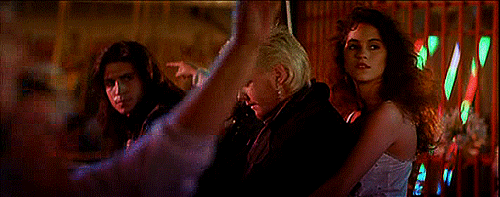
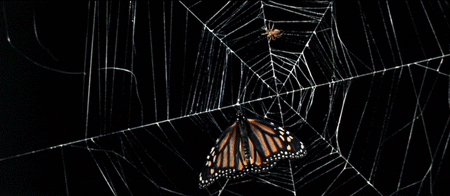

 for your Maniac score, Mr Minio. Not enough love goes around for that bad boy.
for your Maniac score, Mr Minio. Not enough love goes around for that bad boy.
